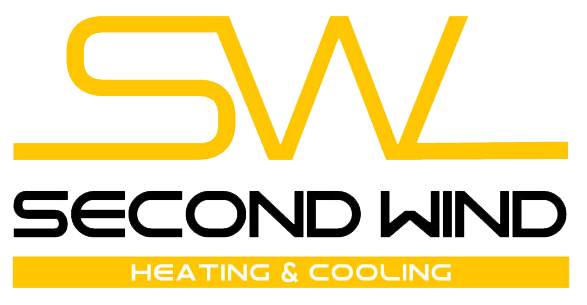How do Heat Pumps Work?
Heat pumps work by transferring heat from one place to another using a refrigeration cycle. In heating mode, the heat pump extracts heat from the outside air, ground, or water, even when temperatures are cold, and moves it indoors to warm your home. In cooling mode, the process reverses: the heat pump removes heat from inside the home and releases it outside, similar to an air conditioner.
The main components of a heat pump include:
Evaporator coil: Absorbs heat from the outside environment.
Compressor: Pumps the refrigerant and increases its temperature by compressing it.
Condenser coil: Releases heat into the indoor air.
Expansion valve: Regulates the flow of refrigerant and lowers its pressure and temperature before it returns to the evaporator.
By cycling the refrigerant through these components, the heat pump efficiently moves heat rather than generating it by burning fuel, making it an energy-efficient option for both heating and cooling your home.
Common issues with heat pumps include:
Insufficient Heating or Cooling
Heat pumps may struggle to maintain the desired temperature, especially in extremely cold weather, leading to inadequate heating or cooling performance.Frozen Outdoor Unit
During cold weather, the outdoor coil can freeze, impairing the heat pump’s efficiency and potentially causing system failure.Refrigerant Leaks
Low refrigerant levels caused by leaks reduce the system’s ability to absorb and release heat, decreasing overall efficiency.Dirty or Clogged Filters and Coils
Dust and debris accumulation in filters or coils restrict airflow, reducing efficiency and possibly causing the system to overheat or freeze.Thermostat Issues
Incorrect thermostat settings or faulty thermostats can cause the heat pump to cycle improperly or not operate at all.Compressor Problems
The compressor is a critical component; if it fails or malfunctions, the system will not be able to transfer heat effectively.Electrical Control Failure
Issues with electrical components or wiring can lead to system malfunctions or prevent the heat pump from turning on.Drainage Problems
Blocked or clogged drain lines can cause water buildup inside the unit, potentially leading to water damage or freezing.
Regular maintenance can help prevent many of these common issues and extend the life of a heat pump system. Heat pumps should be maintained at least once a year, ideally before the heating or cooling season begins. Regular maintenance ensures the system operates efficiently, extends its lifespan, and helps prevent costly repairs. Some homeowners may benefit from semi-annual checkups, particularly if the system is older or located in areas with harsh weather conditions. Routine maintenance typically includes cleaning or replacing filters, inspecting refrigerant levels, checking electrical connections, and ensuring the system is running smoothly.
Second Wind Heating and Cooling is proud to serve Central Oregon residents with reliable and efficient HVAC services. Our team specializes in heating, ventilation, and air conditioning solutions tailored to the unique climate needs of the region. Whether you need installation, maintenance, or emergency repairs, we provide expert care to keep your home comfortable year-round. Trust Second Wind Heating and Cooling for professional service, energy-efficient options, and prompt response times across Central Oregon.
